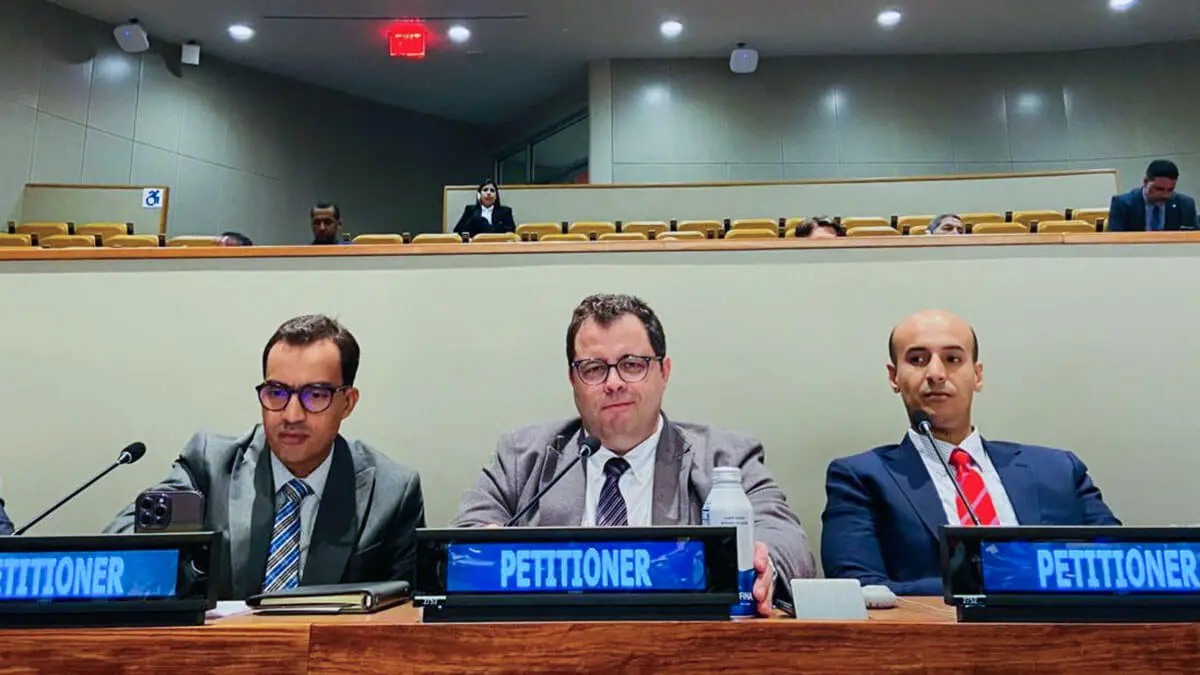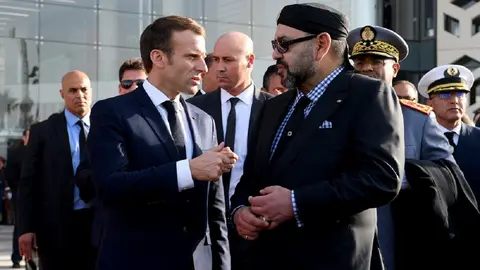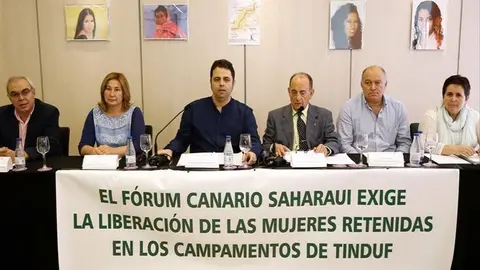Autonomy, Round Tables and the End of Utopias

First of all, I wanted to highlight the recent news that the president of the Canary Islands officially recognised, on behalf of the territory he governs and its inhabitants, the Moroccan autonomy proposal as a solution to the Sahrawi dispute.
It is true that he belongs to a party (Coalición Canaria) that even participated in this commission recently in support of the Polisario Front (2022). But it is never too late for the political weathercocks to move in the right direction.
The Polisario Front has been backed and welcomed within its borders for decades, with permanent military, political and diplomatic support from its host country, Algeria. However, this armed group consistently obstructs and prevents any peaceful solution to this dispute. After almost half a century, they continue to hijack the possibility of lasting peace and security in North Africa.
Equally, we must remember that the inhabitants of the camps are nothing more than pawns in their political game, imprisoned in the inhospitable desert, suffering daily conditions that are impossible to endure and deprived of a dignified life, such as that enjoyed by the Saharawis who thrive in the Moroccan Sahara. And all this is always under the control of the armed Polisario group and the interests of the host state.
In terms of human rights, Amnesty International has pointed out on more than one occasion that the Tindouf refugee camps are opaque to scrutiny on this issue. On the other hand, Human Rights Watch noted that ‘there were credible allegations of persecution of some dissidents by the authorities, and that the rights of civilians who were tried in military courts were infringed’.
The political and physical violence against dissidents, the outrages and violations of the rights of women who participated in the Peace Holidays programme, or the insane and intolerable use of child soldiers, even in front of the special envoy Staffan de Mistura during one of his visits, are just some of these examples.
In this situation of lawlessness, the population of the camps lives without any possibility of legal or judicial protection against the violations of rights they suffer. The leader of the Polisario Front himself, Brahim Ghali, is responsible for many of these violations, with the connivance of his supporters abroad, who look the other way with a repugnant double standard.
In short, we are witnessing how Algeria irresponsibly delegates its authority, and with contempt for its own sovereignty, to an armed militia with a long history of human rights violations and a history of terrorist actions whose victims are still awaiting reparations in the face of oblivion, especially in Spain and particularly in the Canary Islands.
In the report by the EU's anti-fraud office (OLAF), it was stated that ‘neither the host country nor the Polisario have accepted that a census of the population of the camps be carried out by international organisations, despite formal requests made by the UN High Commissioner for Refugees in 1977, 2003 and 2005, and to date this request has not been complied with’.
A refusal to census the population which aims to hide the real population, whose current data are estimates and are ‘inflated’ by the Polisario. This is because the diverted humanitarian aid to which OLAF itself refers is granted on the basis of population data. The more population, the more aid; the more aid, the more diversion and thus the more corruption.
This embezzlement, made possible by the refusal of the Polisario and Algeria to authorise the population census in the Tindouf camps, has allowed the personal enrichment of many Polisario leaders and the maintenance of a comfortable standard of living for them and their families outside the territory, while the vast majority of the population endures a hard life, without freedom and without hope.
Furthermore, the terrorist threat in the Sahel area is well known and is currently a growing problem, where political instability and difficult conditions on the ground facilitate a continuous transfer of terrorist elements, due to the permeability of the borders of the countries involved. The permanence of the Polisario in this equation, and the perpetuation of this dispute, undoubtedly contributes to this instability in the area.
In today's fragile, tense world of unpredictable war scenarios, it is essential that this problem be resolved immediately. The autonomy proposal is not only a potential approach, it is an indisputable reality that many of us have been advocating since its origin back in 2007. To this end, it is imperative to resume the round tables with the participation of all parties, in particular Algeria, as the only framework for completing this process, in accordance with Security Council Resolution 2703 of 30 October 2023.
It is time to leave behind this situation of instability after half a century of chasing utopias based on historical manipulations created by a few self-interested parties. The present must be saved and the best possible future must be built. Autonomy will not only put an end to decades of suffering, it will also reunite and reconcile families in their land of origin. Peace, harmony and prosperity are finally on the horizon, let them not be buried in the sand under the unattainable promises of a few.
Ignacio Ortiz Palacio, president of Fórum Canario Saharaui



